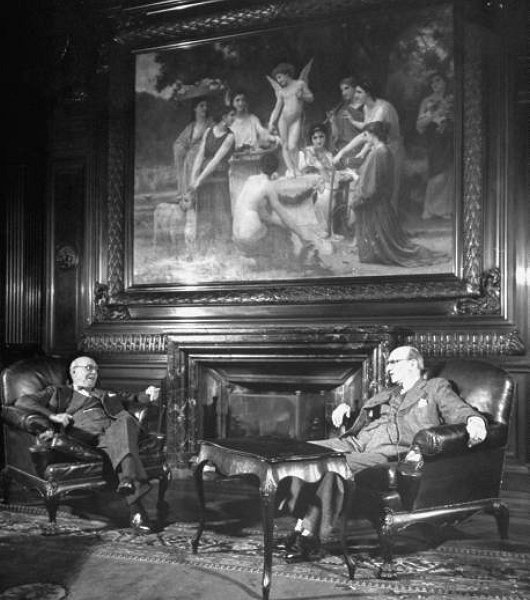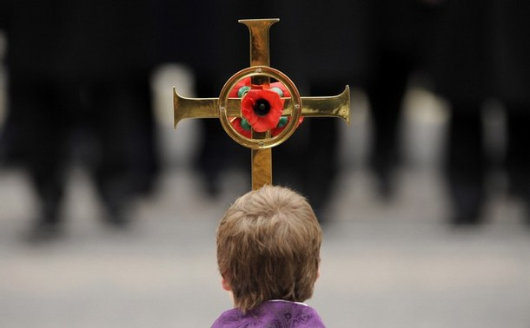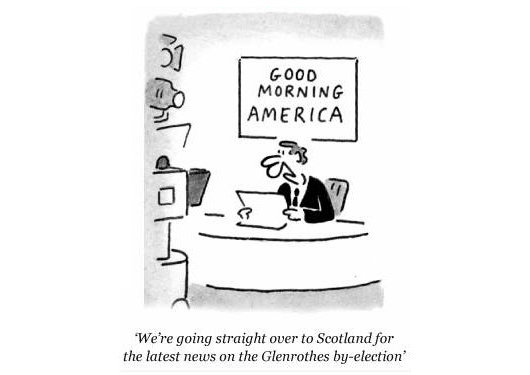World
About Andrew Cusack
 Writer, web designer, etc.; born in New York; educated in Argentina, Scotland, and South Africa; now based in London.
Writer, web designer, etc.; born in New York; educated in Argentina, Scotland, and South Africa; now based in London. read more
News
Blogs
Reviews & Periodicals
Arts & Design
World
France
Mitteleuropa
Knickerbockers
Argentina
The Levant
Africa
Cape of Good Hope
Netherlands
Scandinavia
Québec
India
Muscovy
Germany
Academica
Dublin (In the Rare Old Times)
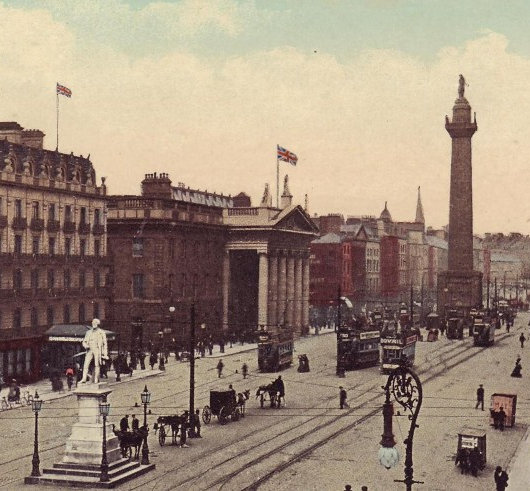
O’Connell Street, Dublin, United Kingdom of Great Britain & Ireland.
‘German’ Poland vs. ‘Russian’ Poland
A curiosity of the 2007 Polish parliamentary election
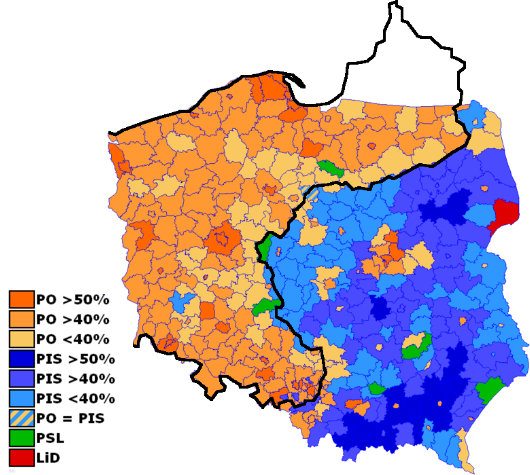
THIS MAP displaying the results of the 2007 general election for the Polish parliament is overlaid with an outline of the nineteenth-century border between the German and Russian empires.
The areas formerly ruled by the German Kaiser tend to back the right-wing liberal Platforma Obywatelska (“Civic Platform”) party, while those formerly ruled by the Tsar tend to support the conservative Prawo i Sprawiedliwość (“Law and Justice”) party.
The green represents the centrist-agrarian Polish People’s Party, while the dark red represents the already-defunct “Left and Democrats” coalition.
Source: Strange Maps
West End Collegiate Church
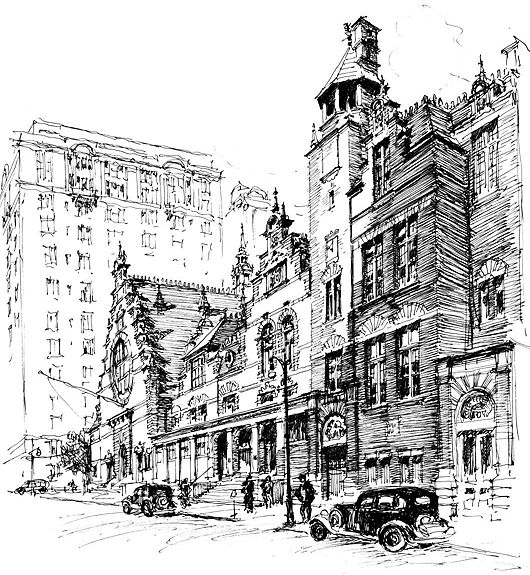
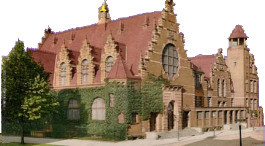 One of my good friends, who is amongst the most loyal denizens of this little corner of the web, found our post on St. Nicholas Collegiate Church of great interest because his son attended the Collegiate School, the oldest school in North America (founded in 1628, and formally incorporated ten years later). The Collegiate School is part of the same complex as the West End Collegiate Church on the corner of West End Avenue & 77th Street on the Upper West Side. The church & school buildings were designed by McKim Mead & White in a Dutch Renaissance Revival style, and handsomely executed.
One of my good friends, who is amongst the most loyal denizens of this little corner of the web, found our post on St. Nicholas Collegiate Church of great interest because his son attended the Collegiate School, the oldest school in North America (founded in 1628, and formally incorporated ten years later). The Collegiate School is part of the same complex as the West End Collegiate Church on the corner of West End Avenue & 77th Street on the Upper West Side. The church & school buildings were designed by McKim Mead & White in a Dutch Renaissance Revival style, and handsomely executed.
THE ARCHITECTS modelled the church after the seventeenth-century Vleeshal (meat market) of Haarlem in the Netherlands. The story goes that, during the Second World War, a handful of Collegiate grads serving together in the U.S. Army participated in the liberation of Haarlem, stumbled upon the Vleeshal and said “Hey, that’s our school!”
The Dering Roll
College of Arms Foundation
&
The
Committee on Heraldry
of the
New York Genealogical & Biographical Society
cordially invite you to a talk by
MARIA DERING
on
THE DERING ROLL
Wednesday 14 January 2009
at
6:00 PM
The Portrait Gallery
No. 122 East 58th Street
Between Park & Lexington Avenues
In August 2008, the British Library acquired ownership of the Dering Roll, the oldest-surviving English roll of arms. The illuminated parchment dates from c. 1270-1280 and is a vital documentary record for the study of knighthood in medieval England. It contains 324 coats of arms arranged in 54 rows, with six shields assigned to each line.
Maria Dering, a member of the G&B’s Committee on Heraldry, will present an illustrated talk about the Dering Roll, its history, and the public campaign to keep it in the United Kingdom after it was bought by a foreign collector.
Admission charge of $20 (cash or check) includes a wine and cheese reception.
To reserve, please email John Shannon at john.shannon@coaf.us.
New York’s Dutch Cathedral
The Collegiate Church of St. Nicholas, Fifth Avenue
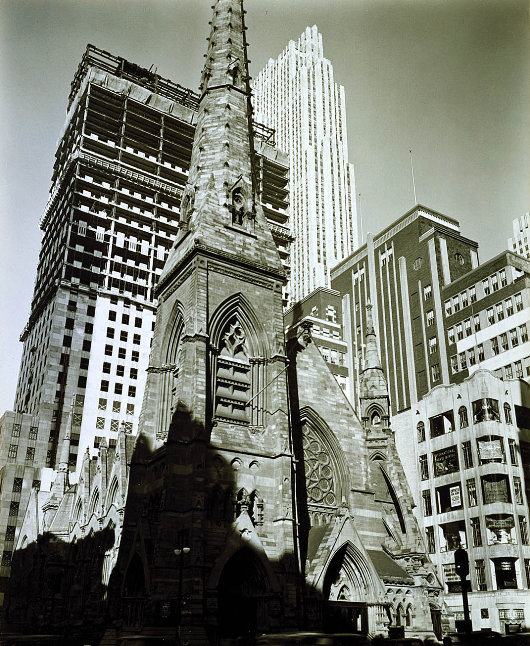
Dedicated a hundred-and-thirty-six years ago, the Collegiate Reformed Protestant Dutch Church of Saint Nicholas on the corner of Forty-eight Street & Fifth Avenue (photographed above by Berenice Abbott) was for many years regarded as the most eminent Protestant church in New York. The Collegiate Reformed Protestant Dutch Church is the oldest corporate body in what is now the United States, having been founded at the bottom of Manhattan in 1628 and receiving its royal charter from William & Mary in 1696. Now part of the Reformed Church of America, the Collegiate Reformed Protestant Dutch Church is actually a denomination within a denomination, and the remaining Collegiate Churches of New York tend to preach a sort of “Christianity Lite”. (The famous Norman Vincent Peale, author of The Power of Positive Thinking and one of the paragons of the “finding a religion that doesn’t interfere with your lifestyle” school of thought, was the pastor of Marble Collegiate Church at Twenty-ninth & Fifth, where Donald Trump is a member of the congregation).
Peter Stuyvesant’s Legion
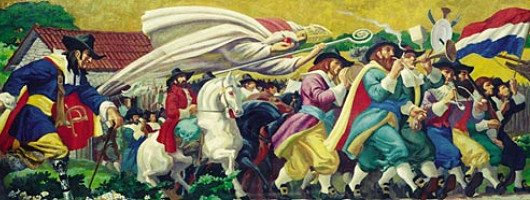
Oil on canvas, 30 in. x 80 in.
1953, Jacob Ruppert Brewery
An Aside: I was taught Latin beside the beautiful carved marble fireplace in the artist’s dining room. Winter lived next door to the school, which purchased the house after his death and used it for class rooms. In our more neglectful hours which investigated the basement, in which were still secreted some of the artist’s sketches for larger murals and models for a bas-relief.
Remembering the Seventh
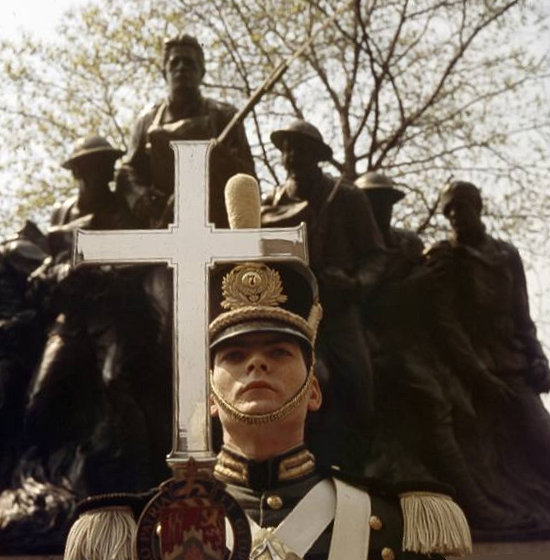
It is entirely appropriate that November 11 — Armistice Day — both falls during the month of the Holy Souls and on the feast of St. Martin of Tours. It’s not unlikely that the souls in Purgatory added their voices to plead for peace that November of 1918, and St. Martin, who had himself been a Roman soldier, was no doubt leading the cause from Heaven. (Indeed, his father having been in the Imperial Horse Guards, St. Martin was born into a military family).
67th & Fifth
One of the most remarkable things about these photos from a 1956 Seventh Regiment ceremony are how traditional the buildings in the background are.
God and the Emperor
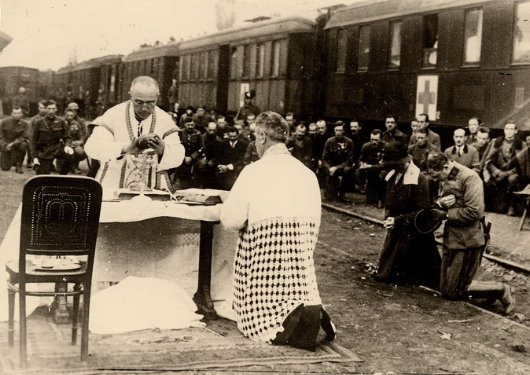
The Pester Lloyd
The Hungarian capital’s German-language newspaper has been “independent, pluralistic, steeped in tradition” since 1854
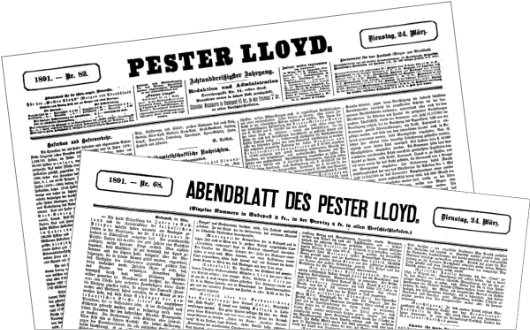
The fall of the Iron Curtain nearly twenty years ago after a half-century of Communist domination in Eastern Europe afforded an opportunity to revive many of the traditions and institutions which — while they had survived monarchy, republicanism, and fascism — were annihilated by the all-consuming Red totalitarianism. One such institution that has risen from the ashes is Hungary’s once-revered German-language newspaper, the Pester Lloyd.
 First appearing in 1854, when Buda and Pest were still two cities flanking the banks of the Danube, the Pester Lloyd was the leading German journal in Hungary. Printed daily with morning and evening editions, the “Pester” in the paper’s name refers to Pest, while “Lloyd” is in imitation of Lloyd’s List (the London shipping & commercial newspaper founded in 1692 by the eponymous properitor of Lloyd’s Coffee Shop and still going strong today). The paper first gained prominence under the editorial leadership of Dr. Miksa (Max) Falk, who had famously tutored the Empress Elisabeth in Hungarian and instilled in the consort a particular love for the Hungarian kingdom.
First appearing in 1854, when Buda and Pest were still two cities flanking the banks of the Danube, the Pester Lloyd was the leading German journal in Hungary. Printed daily with morning and evening editions, the “Pester” in the paper’s name refers to Pest, while “Lloyd” is in imitation of Lloyd’s List (the London shipping & commercial newspaper founded in 1692 by the eponymous properitor of Lloyd’s Coffee Shop and still going strong today). The paper first gained prominence under the editorial leadership of Dr. Miksa (Max) Falk, who had famously tutored the Empress Elisabeth in Hungarian and instilled in the consort a particular love for the Hungarian kingdom.
An Imperial Birthday
Gerald Warner has a splendid post over on his Daily Telegraph blog on Crown Prince Otto’s ninety-sixth birthday. Heavens! how time flies. It seemed like only yesterday was his ninety-fifth.
My favorite scene that Gerald mentions is this one:
Bravo, Budapest. And Hoch Habsburg!
The Kaiser Karl Soldiers’ Homes
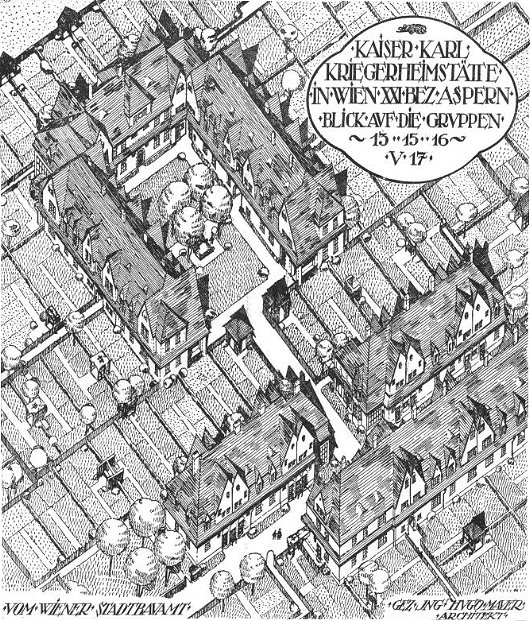
An unexecuted design. The architect later designed a number of housing projects during the First Austrian Republic.
Diary
Nothing ever happens in New York, or at least nothing when compared to Edinburgh, London, or Paris; this is my perpetual complaint. But when it rains, it pours, and so it was last night. Not only was it press day, the busiest day of the month-long cycle of creating each issue of The New Criterion, but then the evening beheld both “A Festive Evening Celebrating the Mission of the von Hildebrand Project” at the University Club and “The Reception and Dinner to Present the Medal for Heraldic Achievement” at the Racquet & Tennis Club. The simultaneous events were organized by the Dietrich von Hildebrand Legacy Project and the Committee on Heraldry of the New York Genealogical & Biographical Society, respectively.
A rarely-assembled fun crowd was promised at the von Hildebrand event, but nor was the presentation of the G&B’s medal a common occurrence (there have been only three awarded to date) so I simply resolved that I would do my best to attend both. (more…)
Peter van Dongen
Dutch champion of the Ligne Claire style
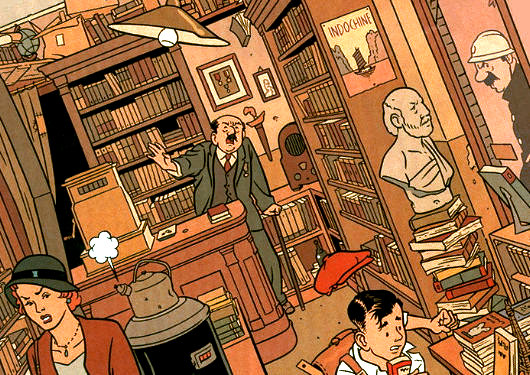
No doubt one of the most enjoyable aspects of Hergé’s great Tintin series of bandes desinées is the brilliant ligne claire style in which they are drawn; the most talented living exponent of which is surely Peter van Dongen. This Dutch striptekenaar (“comic-strip draughtsman”) first came to the attention of the comic world in his mid-twenties with Muizentheater (1990), a tale of two working-class Amsterdammers growing up during the Great Depression. As van Dongen despises clichés, it is one of the few books about Amsterdam that doesn’t feature a single canal. It was nearly ten years before van Dongen produced his second comic work, Rampokan, depicting the Dutch East Indies during their final years before independence. (On Rampokan, van Dongen collaborated with fellow ligne-clairist Joost Swarte, whose work is often seen in The New Yorker).
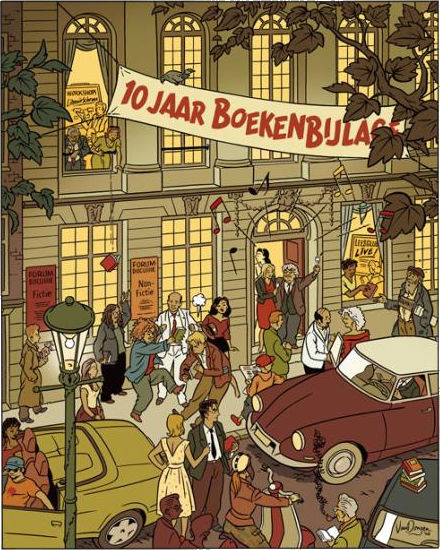
Van Dongen works as a commercial illustrator, and he often provides illustrations for NRC Boeken, the book review of the NRC Handelsblad. A celebration of the tenth anniversary of NRC Boeken was held at the Felix Meritis and is commemorated in the drawing above.
The New York Central Building
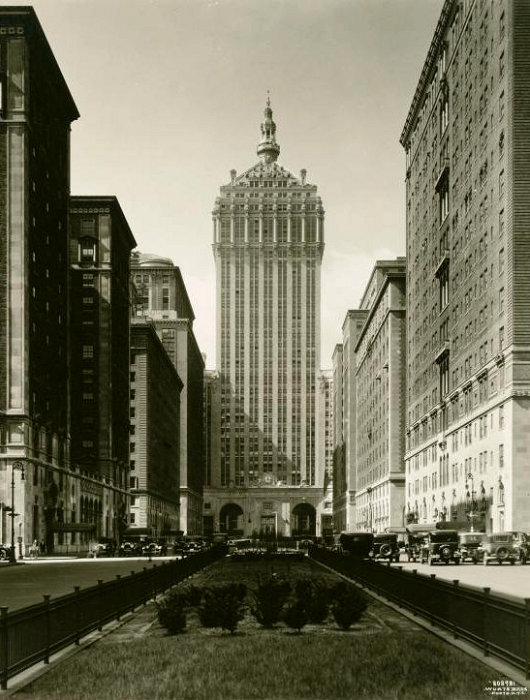
The New York Central building once presided majestically over an equally elegant Park Avenue, which is cleverly directed through the building from the south, emerging through the double arches on the north side. Sadly, while the tower (now known as the Helmsley Building) still stands, the view of it has been marred since 1963 when the Pan Am building was built between it and Grand Central Terminal. When it opened, the Pan Am building was the largest commercial office building in the world, and it was certainly one of the least graceful. The 1960s and 70s were not kind to Park Avenue on either side of Grand Central, and many of the traditional-style buildings have been demolished or re-clad in glass.
Russia Turns a Cinematic Page in History
Big-budget film celebrating anti-Communist hero & White Russian leader Admiral Kolchak is partly funded by Russian government
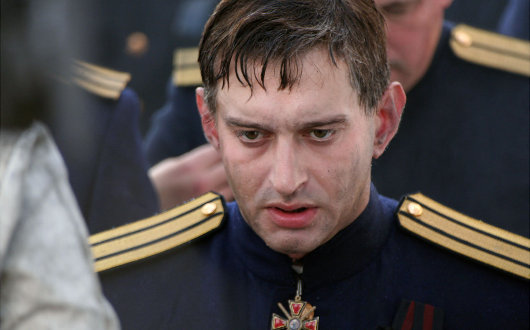
Here’s a film that has it all: naval battles, mutiny, revolution, civil war, brave men, beautiful women, sin, sacrifice, and betrayal on multiple levels. But “Admiral” («Адмиралъ»), which opened in Russia this month, is notable for another reason: this is the first major film depicting the tsarist White Russians as the good guys to receive at least part of its funding from the Russian government. The eponymous hero of the film is Alexander Kolchak, the naval commander and polar explorer who later led part of the White Army fighting the Bolsheviks during the Russian Civil War.
Search
Instagram: @andcusack
Click here for my Instagram photos.Most Recent Posts
- Amsterdam November 26, 2024
- Silver Jubilee November 21, 2024
- Articles of Note: 11 November 2024 November 11, 2024
- Why do you read? November 5, 2024
- India November 4, 2024
Most Recent Comments
- on The Catholic Apostolic Church, Edinburgh
- on Articles of Note: 11 November 2024
- on Articles of Note: 11 November 2024
- on Why do you read?
- on Why do you read?
- on University Nicknames in South Africa
- on The Situation at St Andrews
- on An Aldermanian Skyscraper
- on Equality
- on Rough Notes of Kinderhook
Book Wishlist
Monthly Archives
Categories

